Comparing two bids: Hunter vs. Rain Bird; PVC vs. Poly pipe?
dtay_us
14 years ago
Related Stories
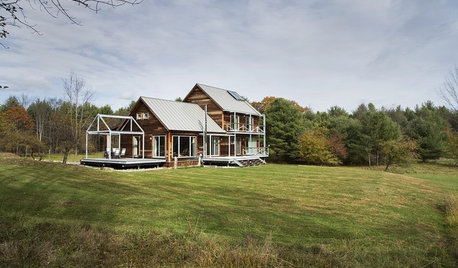
GREEN BUILDINGHouzz Tour: Passive House in Vermont Slashes Heating Bills
Its ecofriendly, low-maintenance design leaves a family with more time to relax and enjoy the weekend home
Full Story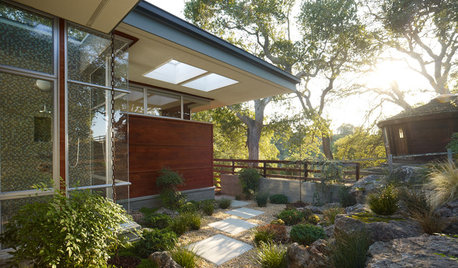
LANDSCAPE DESIGNSoak It Up: How to Manage Stormwater in Your Landscape
Permeable paving, gravel beds and planted areas in your yard can absorb and cleanse stormwater runoff. Here's how it works
Full Story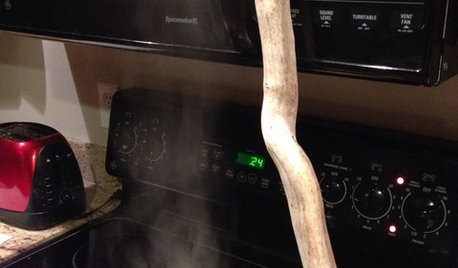
LIFEHouzz Call: Show Us Your Nutty Home Fixes
If you've masterminded a solution — silly or ingenious — to a home issue, we want to know
Full Story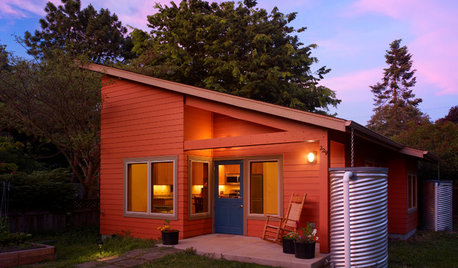
GREEN BUILDINGHow to Harvest Rainwater for Your Garden
Conserve a vital resource and save money by collecting stormwater for irrigation in a barrel or tank
Full Story
LIFEHow to Prepare for and Live With a Power Outage
When electricity loss puts food, water and heat in jeopardy, don't be in the dark about how to stay as safe and comfortable as possible
Full Story
MOST POPULAR20 Outstanding Outdoor Living Rooms
Why give up style and comfort just because you add fresh air? Turn any porch or patio into a sumptuous room by following these leads
Full Story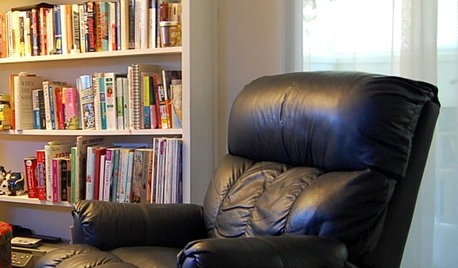
FUN HOUZZ10 Things People Really Don’t Want in Their Homes
No love lost over fluorescent lights? No shocker there. But some of these other hated items may surprise you
Full Story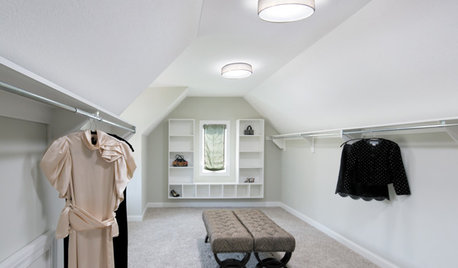
GREAT HOME PROJECTSHow to Add a Skylight or Light Tube
New project for a new year: Increase daylight and maybe even your home’s energy efficiency by opening a room to the sky
Full Story
MOVINGHiring a Home Inspector? Ask These 10 Questions
How to make sure the pro who performs your home inspection is properly qualified and insured, so you can protect your big investment
Full StoryMore Discussions






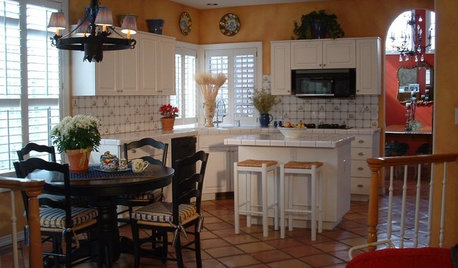
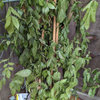

sprinklrdr
dtay_usOriginal Author
Related Professionals
Fillmore Landscape Architects & Landscape Designers · Arlington Landscape Contractors · Aurora Landscape Contractors · Clayton Landscape Contractors · Cordele Landscape Contractors · Fairview Landscape Contractors · Gainesville Landscape Contractors · Hampton Bays Landscape Contractors · Longview Landscape Contractors · Mastic Beach Landscape Contractors · Round Lake Landscape Contractors · South Lake Tahoe Landscape Contractors · Reisterstown Landscape Contractors · Hawaiian Gardens Landscape Contractors · Green Valley Solar Energy Systemsri_ohio